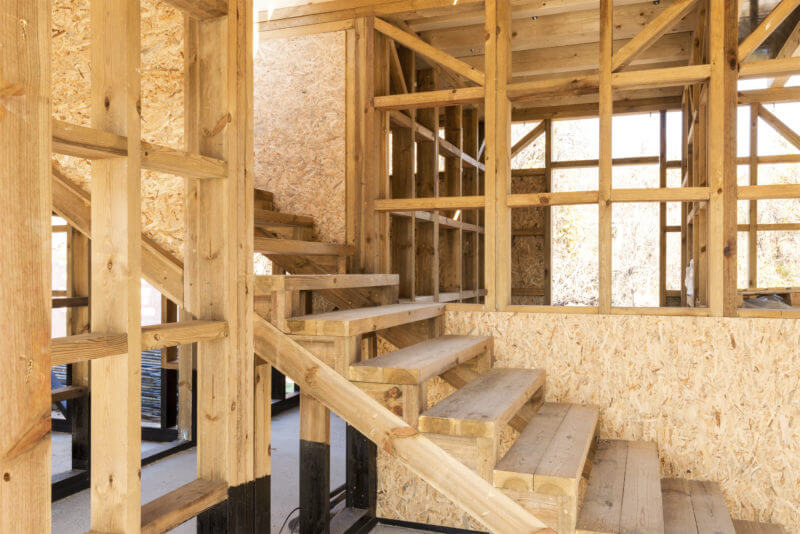Berkeley passes measure MM, adds more confusion to an already complicated set of rules

Editorial note: While we are dedicated to providing updates to rental housing providers, we don't work on an island. A special thanks to our friends at the Berkeley Property Owners Association for their perspective and advocacy for owners.
Berkeley has always had an intricate regulatory regime, but after voters gave the thumbs up to the ballot initiative of Measure MM, it got even more convoluted.
Read the unabridged version of the ordinance here →
Although the measure purportedly adds new protections to tenants at risk of eviction during the pandemic, Measure MM merely restates existing city policy by reclassifying overdue rent that accrued during the pandemic as consumer debt. Under the current ordinance, tenants can only be evicted for just cause, or in the vernacular of Berkeley, “good cause.” Despite Measure MM being cleverly sold as a lifeline to renters, there will be no tsunami of evictions under existing safeguards. Other changes, however, are in the offing.
Registration requirements are top of mind.
Bornstein Law is worried that single-family homeowners who rent their properties on a temporary basis will be introduced to a new set of rules and subject to the oversight of the Rent Stabilization Board.
Forward-thinking property owners could be exempt from registration by having already inked an ironclad lease that spells out the length of the tenancy, but we suspect that many improvisational landlords who wanted to go on an extended vacation or see their kids on the east coast did not pay too much attention to the rental agreement. Translation: renting out your single-family home might become more burdensome and expensive, and harder to regain control of it once the keys are handed over.
We see Berkeley’s Measure MM as another erosion of the rights of single-family property owners. If Costa-Hawkins cannot be repealed and wholesale rent control measures are rejected at the polls, tenants’ advocates will find more inventive ways to chip away at the rights of owners. If the rights of single-family homeowners can’t be entirely stripped away at once, they could be melted away slowly like a candle.
Newly constructed properties that have thus far escaped the scrutiny of the rent board might also be put under a microscope by requiring owners to bring these buildings into the light of day.

Pint-sized units might face big problems, as might new constructs previously off-limits.
While there has been progress on the statewide level to encourage the construction of Accessory Dwelling Units, we think that Measure MM is a step backward. Property owners looking to construct a new backyard cottage or legalize in-law units in the shadows have more algebraic equations to solve, in terms of whether rent stabilization and eviction controls apply to the property.
Newly constructed properties that have thus far escaped the scrutiny of the rent board might also be put under a microscope and required to register. To determine whether or not your property is in good graces with the city, of course, you will have to pay a fee.
Parting thoughts
2020 has been the most complicated era in landlord-tenant law ever, and now Berkeley landlords have another reason to get indigestion with the passage of Measure MM. For informed advice on how to navigate these new rules, our landlord attorneys are happy to assist.
In the media:
Opinion: Measure MM sets back our efforts to provide homes for people with moderate incomes »
The pro-tenant, 'Right to Housing' slate sweeps Berkeley rent board election »
Related from our blog:
Redefining single family homes opens the floodgates to rent control »
Owners challenge the constitutionality of tenant relocation payments »

